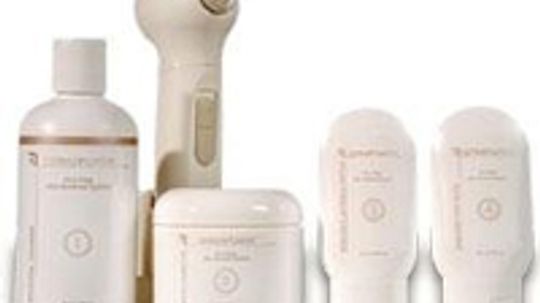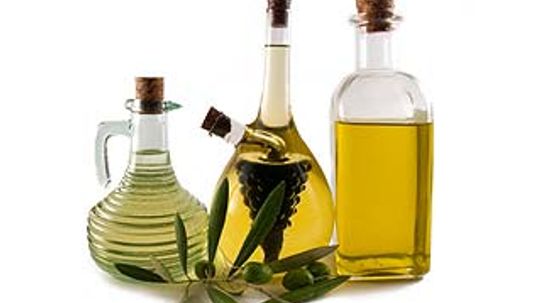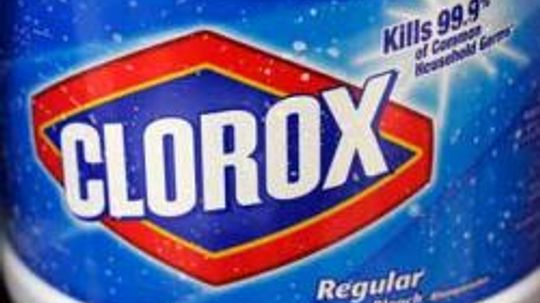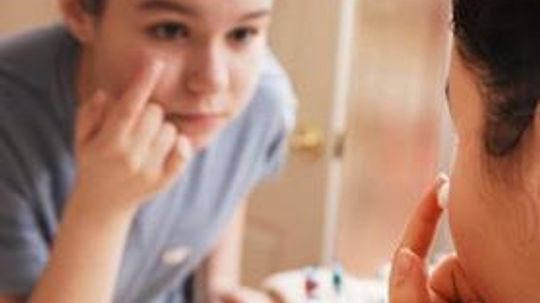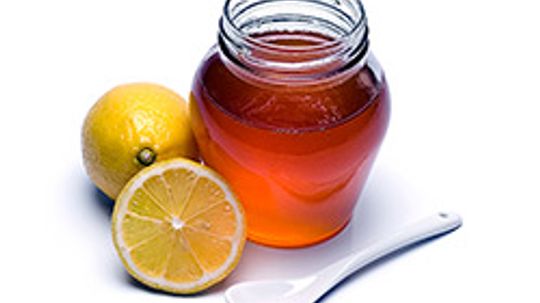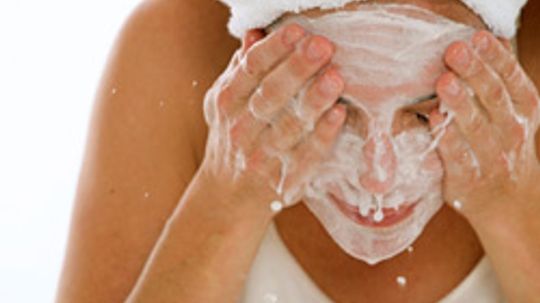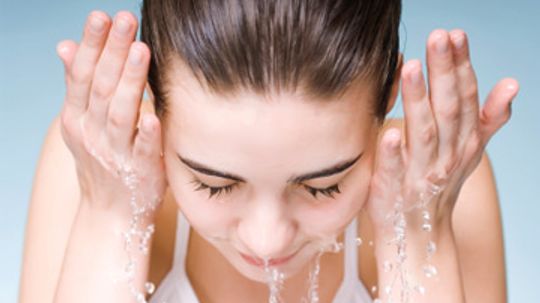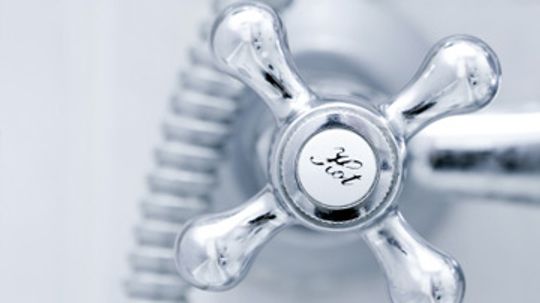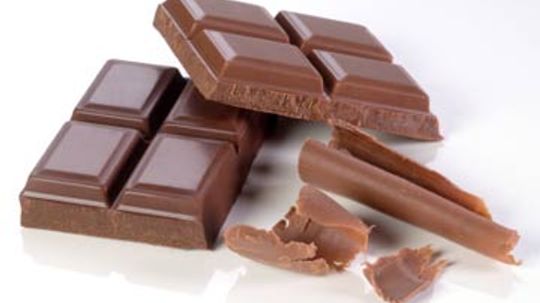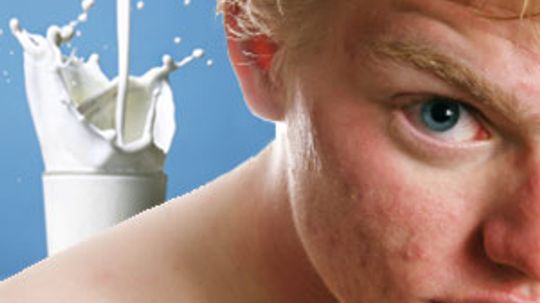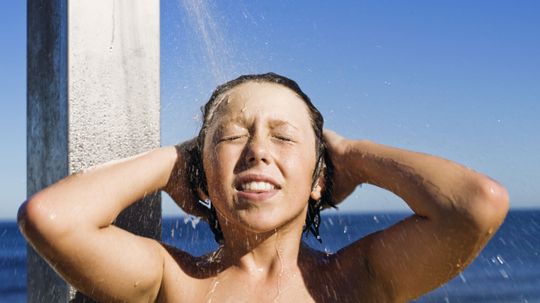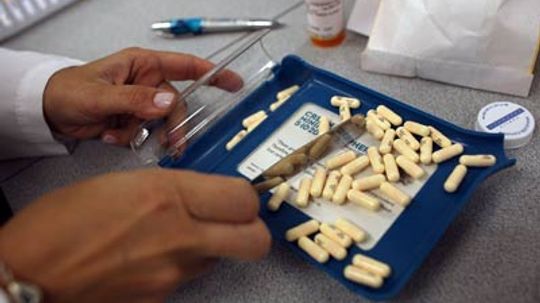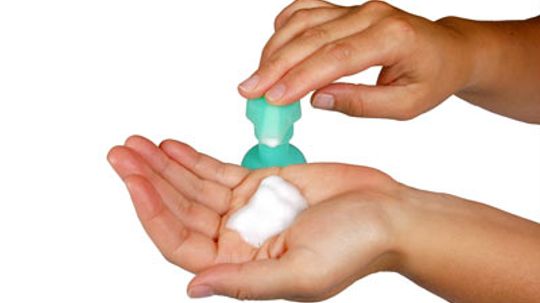Skin Cleansing Myths
Skin cleaning myths often scare people into poor hygiene practices. Learn more about skin cleaning myths at HowStuffWorks.
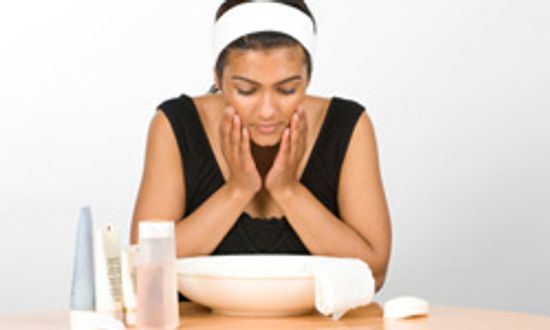
Quick Tips: Is It Normal for Your Face to Turn Red After Washing?
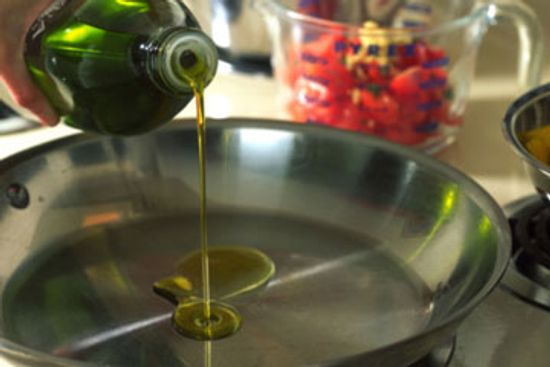
How to Wash Your Face with Olive Oil
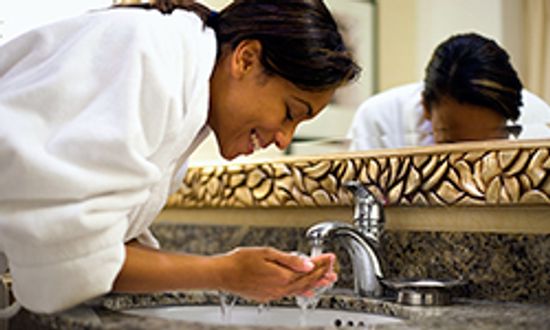
Quick Tips: Should you wash your face with warm or cold water?
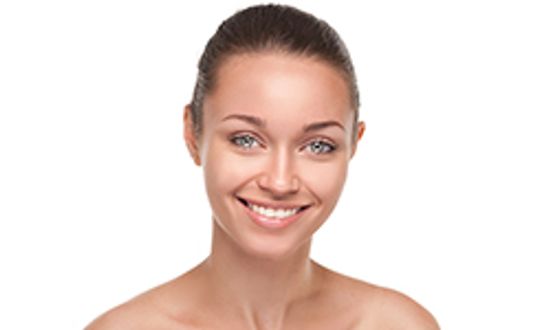
The Best Face Cleansers for Your Skin Type
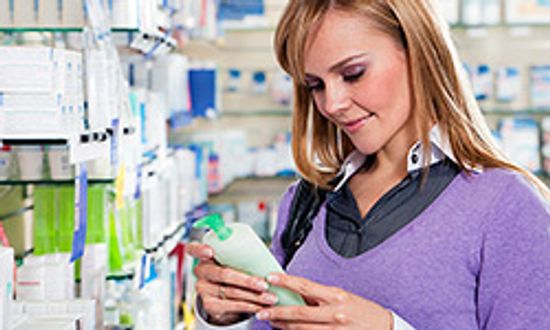
5 Ingredients to Avoid in Your Face Wash
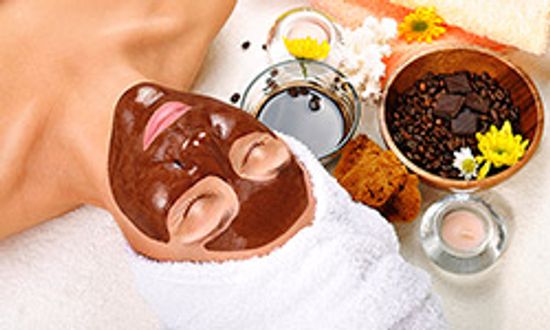
Are chocolate face masks bad for your skin?
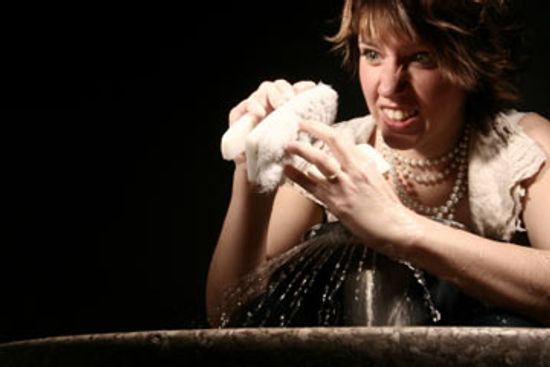
Can I damage my skin by scrubbing too hard?
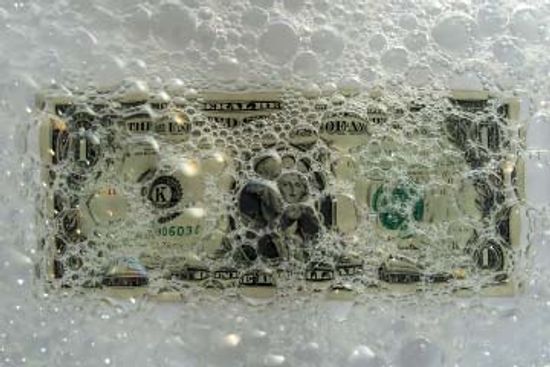
How to Cleanse Your Face for Cheap
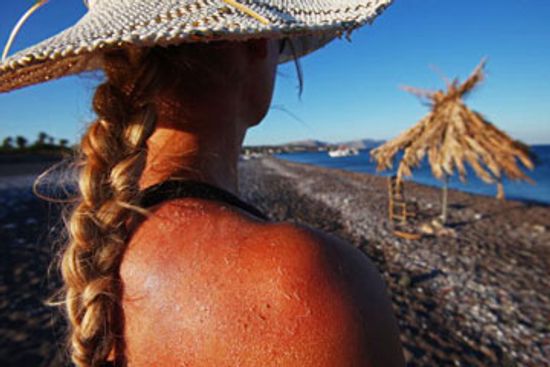
How to Cleanse When You Have a Sunburn
Learn More
There are plenty of at-home microdermabrasion products, but do they really work? We'll give you the pros and cons of at-home microdermabrasion products
By Jennifer Cohen
Oil cleansing is become a beauty trend. But do castor and olive oil belong in your face wash? We'll help you see if oil cleansing is for you.
By Diana Kelly
Washing your face with bleach may be a tempting alternative if you have severe acne. Learn the risks and rewards of washing your face with bleach
By Diana Kelly
Advertisement
Benzoyl peroxide can be an effective way to treat acne, but is it safe to use on your skin? Find out if benzoyl peroxide is right for your skin type.
Honey-lemon face washes are easy to make and affordable â€" but do they really help skin? See if honey-lemon face wash can benefit your complexion.
By Jennifer Cohen
Benzoyl peroxide is found in face washes, gels and other acne products. But should it be in your skin cleanser? See how benzoyl peroxide helps your skin
By Diana Kelly
It's a cruel world sometimes. The tastiest foods are bad for your health, the finest things are bad for your wallet and long, hot showers are said to be tough on your skin. Are they?
Advertisement
There's nothing wrong with washing your face a couple of times per day -- in fact, most people recommend doing so. But if you start vigorously scrubbing one time too many, it can only lead to irritation.
You may have heard that hot water or steam can open up pores on your face, making it easier to clear out blackheads. But do your pores even have the physical capability to open?
You may have heard that eating chocolate can cause acne, but can satisfying your sweet tooth actually cause pimples?
You may have heard that certain foods -- such as chocolate or shellfish -- cause acne. But while these are myths, you may be surprised to learn that milk and dairy products can cause breakouts.
Advertisement
Your initial reaction to the thought of no more baths may be "gross!" But there also could be more serious ramifications than an unpleasant layer of grime.
Antibacterial soap is supposed to save us from deadly bacteria, but the microbes are surviving and may be getting stronger. Should we ban antibacterial soap altogether?
By Josh Clark
With all the talk about germs in the office and other public places, many of us have a bottle of antibacterial soap somewhere nearby. But is it any better?
